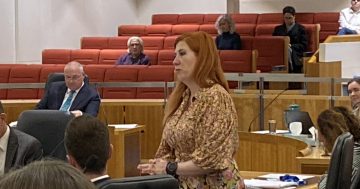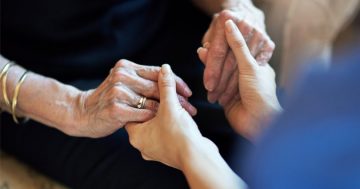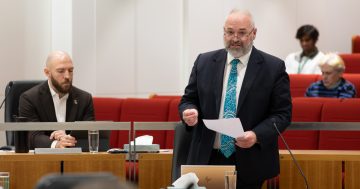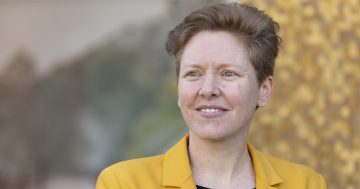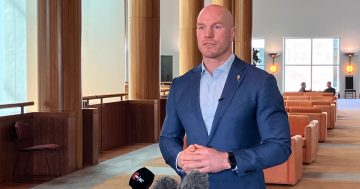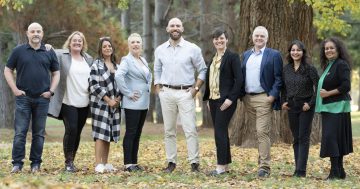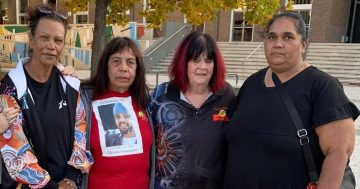 The ACT’s position on the question of voluntary assisted death has been released by the Minister for Human Rights, Tara Cheyne, in the form of a Listening Report feedback which sets out how the community and stakeholders would like to see a voluntary assisted dying model delivered in the ACT.
The ACT’s position on the question of voluntary assisted death has been released by the Minister for Human Rights, Tara Cheyne, in the form of a Listening Report feedback which sets out how the community and stakeholders would like to see a voluntary assisted dying model delivered in the ACT.
According to Ms Cheyne, knowing that the majority of Canberrans support voluntary assisted dying with appropriate safeguards in place, the consultation focused on what model should be adopted and made lawful.
The Listening Report is now available online with captured views from the community, health professionals and stakeholders.
Ms Cheyne said she was especially grateful for the people who shared their personal stories.
“We would like to thank all contributors for their involvement in this consultation process,” Ms Cheyne said.
“We heard from people who have cared for loved ones near the end of their lives, who live with terminal illness, or who anticipate they might suffer near the end of their lives. We also heard from health professionals who care for these people,” she said.
“We appreciate that so many people had the courage to share their powerful stories with us, to help shape better policy and outcomes for the ACT community.”
She said more than 7,400 people visited the voluntary assisted dying YourSay Conversation webpage and more than 2,900 people responded to a YourSay Panel survey.
“In addition, the government received 106 formal submissions, received 366 other contributions from community members sharing their perspectives, engaged with more than 300 stakeholders across eight roundtables, workshops, and meetings.
Ms Cheyne said most contributors generally supported the ‘Australian model’ which refers to the general approach taken in Victoria, Western Australia, Queensland, South Australia, Tasmania, and that will commence operating in New South Wales from November 2023.
“Aspects of the ‘Australia model’ that were supported include the need to have strict eligibility criteria, a thorough request process, the provision of support and information through a government-run Care Navigator Service and pharmacy service and an independent oversight body,” the Minister said.
“We also heard support for some adjustments to the Australian model, building on the experiences of other jurisdictions,” she said.
“This includes in relation to age, timeframe to death, and the role of health professionals.”
Ms Cheyne said that importantly, there were clear supports from a diverse range of contributors to ensure that voluntary assisted dying did not detract from the availability of quality palliative care.
She said the ACT Government would now develop a model for voluntary assisted dying that works for the ACT community, with a Bill to legalise voluntary assisted dying to be introduced later this year.
“If legislation is debated and passed, it will take time for voluntary assisted dying to become available to eligible people in the ACT, with the necessary systems, safeguards and processes to be developed and put in place,” she said,
Interested people can register to receive project updates at this PS News link.
If the issue of voluntary assisted dying raises issues for you or your family, you can contact Lifeline on 13 11 14 or Griefline on 1300 845 745.


